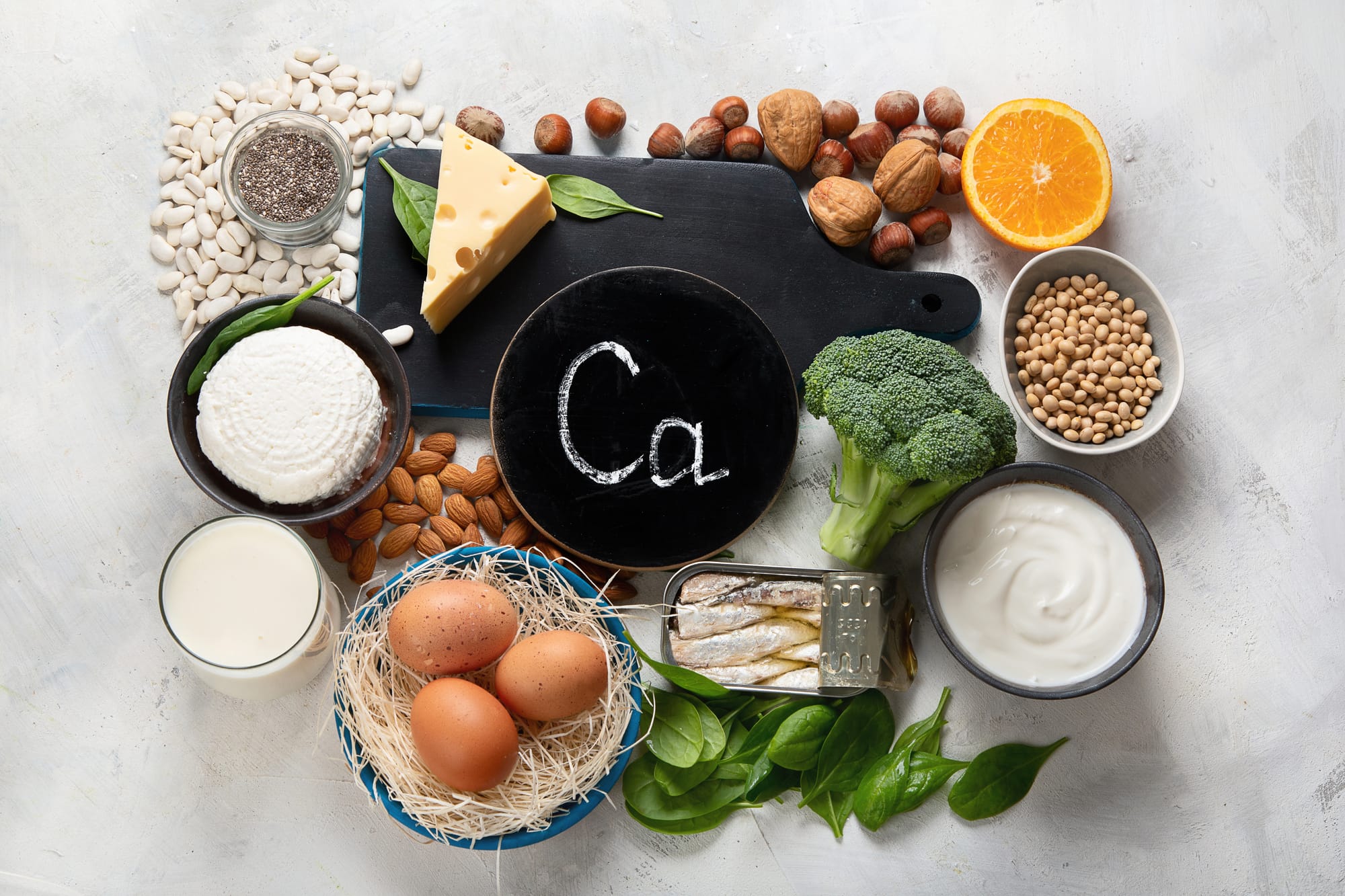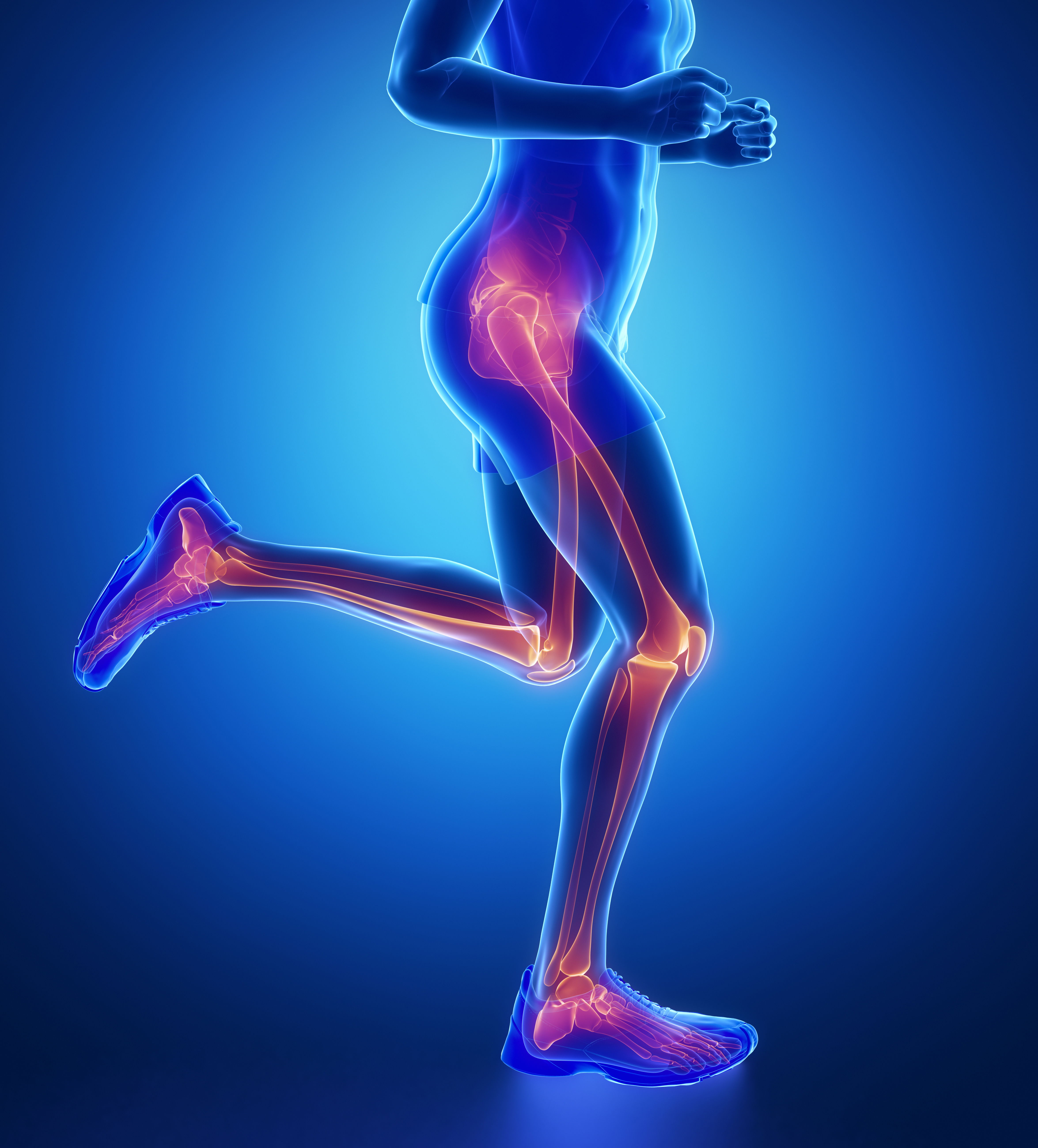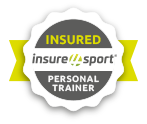Bone Health Tips


Bone health is something we all seem to take for granted and its often thought that the most important time to be focussing on your bone health is during your childhood and adolescent years and rightly so since ninety percent of adult bone mass is in place by the end of adolescence. Continuing to look after your bones during adulthood is still just as important as during our younger years, in order for us to stay as mobile as we can for for as long as you can. Think about how physically able you wish to be at 65. Im sure most of us wish to to still be as independent as possible and as active as we can be for as long as we can, and to do this think about supporting your body correctly now and your future health will be much more positive in years to come.Genetics do have a part to play in our overall bone health and bone strength but many studies show that we can continue to build our bone density all the way into our late 20's. Once we reach the age of around 30 our bone density then starts to naturally decline. This process can be slowed down by increased physical activity, a change in environmental factors and good nutrition that includes a wide range of foods which contain necessary vitamins and minerals that support the health of all bodily functions.
To help you improve your bone health, here are some tips to follow.
- Aim to exercise 3 times each week - including some weight bearing exercises such as walking, hiking, low impact aerobics, dancing, tennis and golf.
- Include a Vitamin D supplement to your diet
- Make sure you are consuming a minimum of 3-4 servings of dairy or soya products each day by following these guidelines below:
- - 100g Cottage Cheese
- - 30g Cheese
- - 150g Pot of Yoghurt
- - 300ml Glass of Milk
- Include more soya beans, kefir, nuts, tofu, green leafy vegetables and also fish such as Sardines and Pilchards to your diet.
Vitamin D helps us to absorb calcium from the foods we eat to help strengthen and maintain healthy bones. Vitamin D can be found in many foods such as milk, fatty fish such as salmon and sardines, egg yolks, red meat, liver and some fortified yoghurts. - supplements are also an option, which we do provide in our online shop.
One of the best natural sources of vitamin D is the Sun!
Limit alcohol as this can contribute to bone loss and too much caffeine can also decrease the amount of calcium we absorb, so aim for no more than 2-3 cups each day. Pay attention to your overall energy availability (calorie intake). If you exercise a lot, make sure you focus on getting enough nutrition through macro nutrients whilst also focussing on those micronutrients.If you feel you are not recovering from training sessions or feel you are constantly fatigued, struggling with lack of adaptation and progression with fitness training and body composition, maybe you are suffering with weak muscles and bone related injuries then try paying attention to your nutrition a little more. If you're female and feel you are experiencing negative changes of menstruation then again, focus on your nutrition and also be careful you aren't over-exercising.
If you feel you would like more help and advice in this area then drop in to book a consultation with us.
